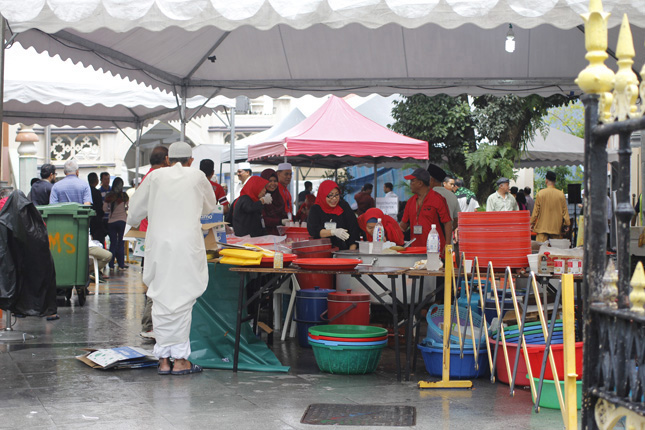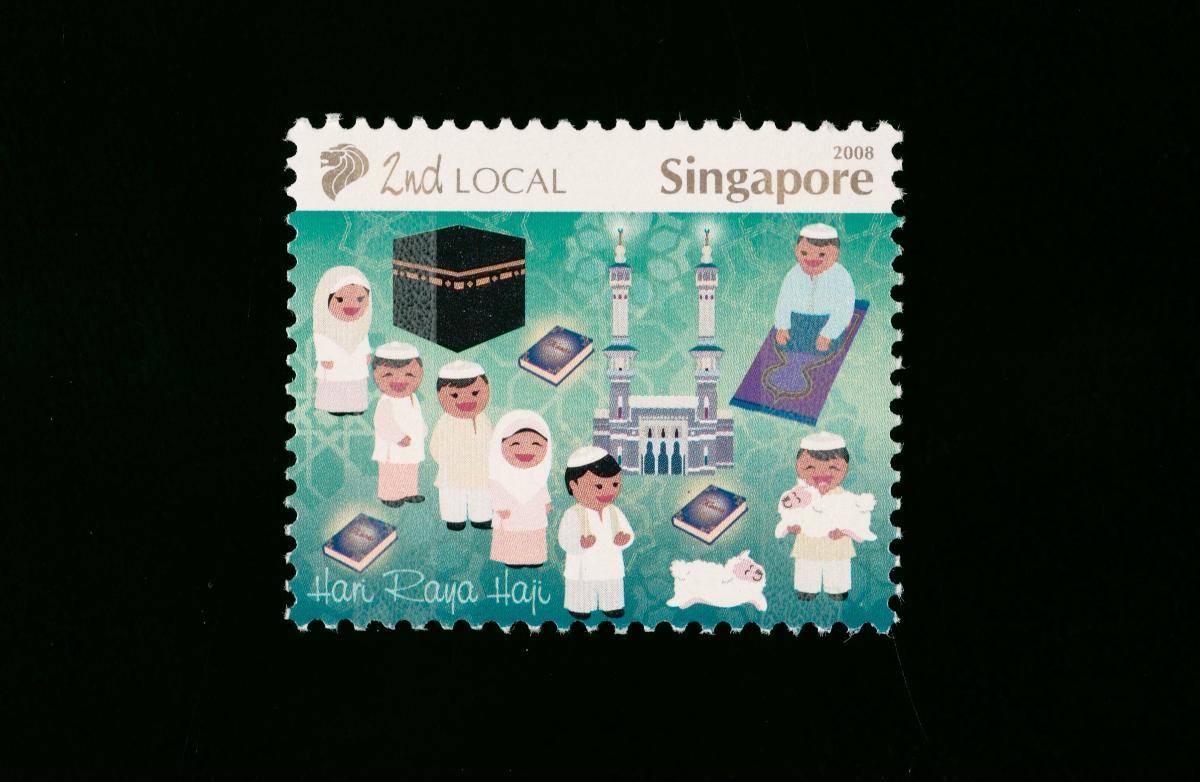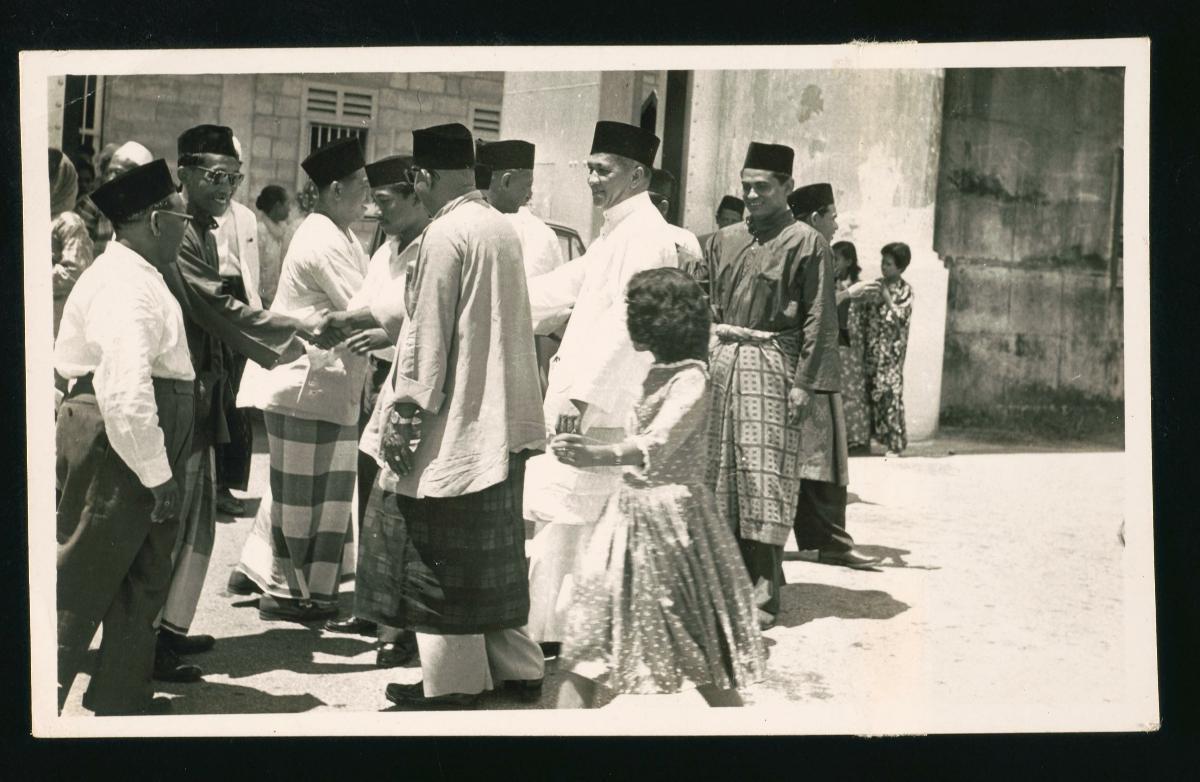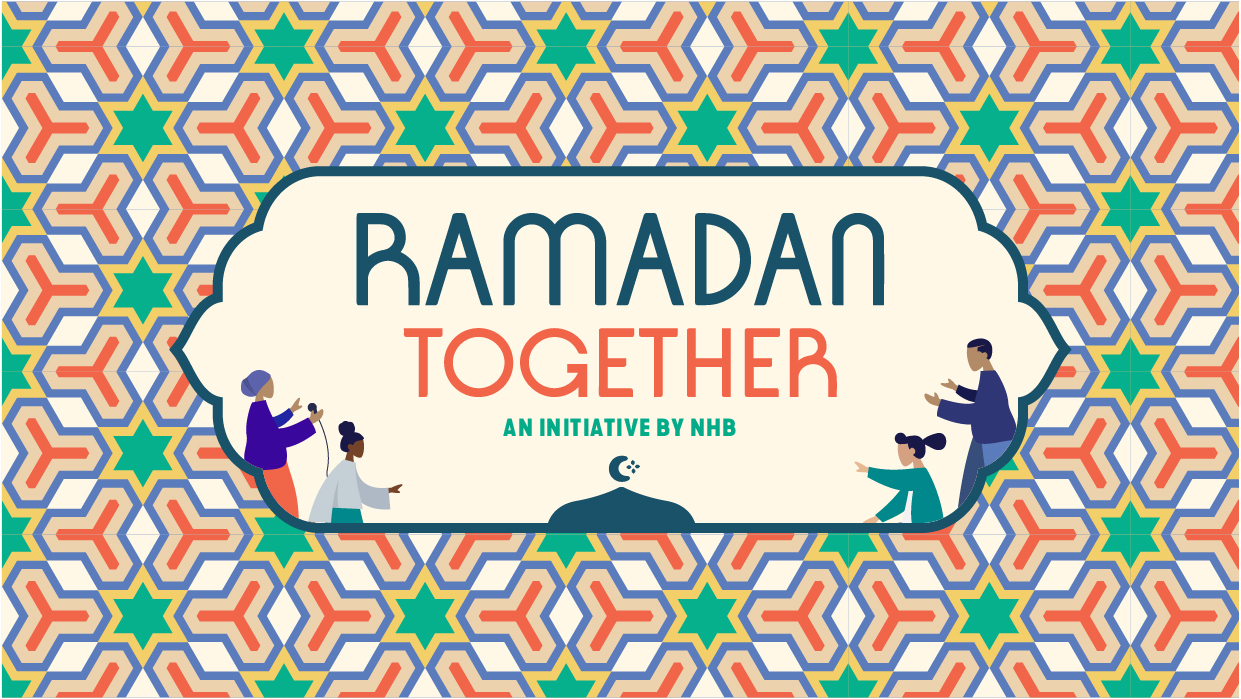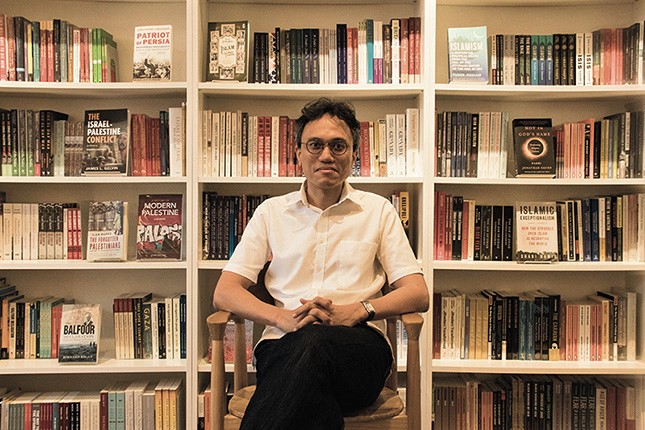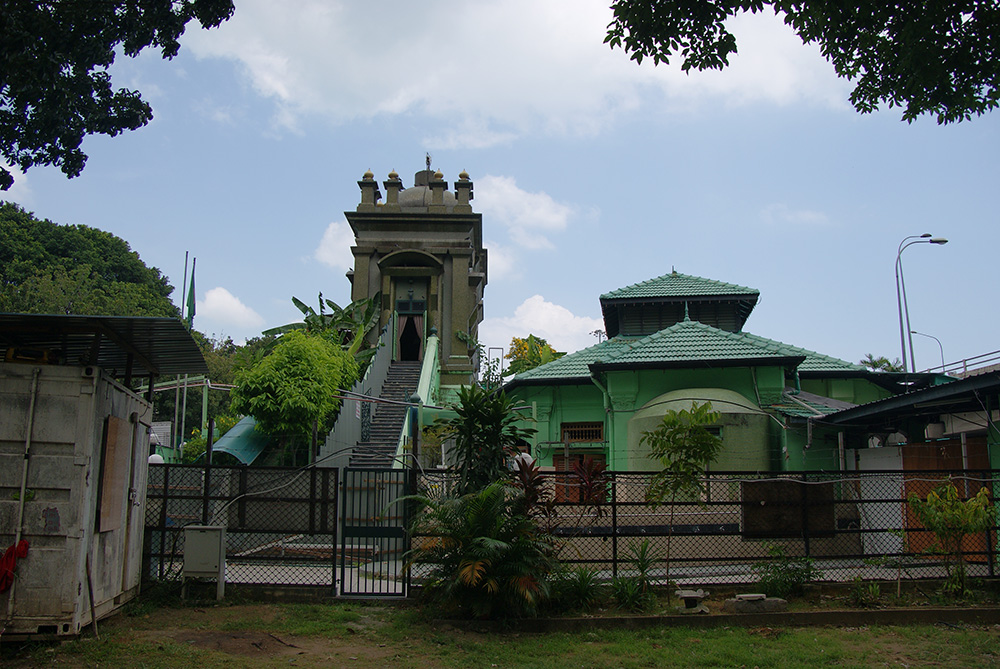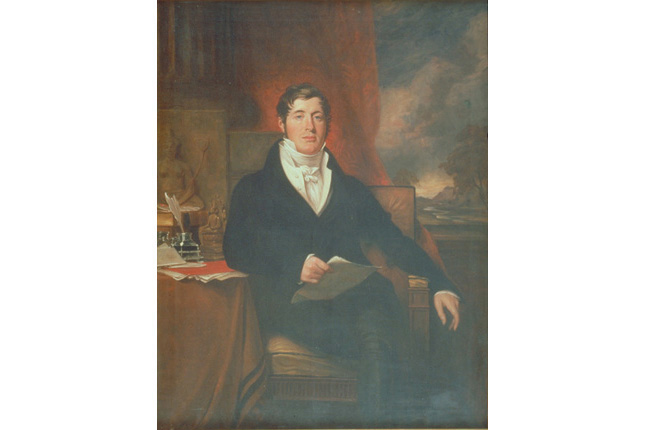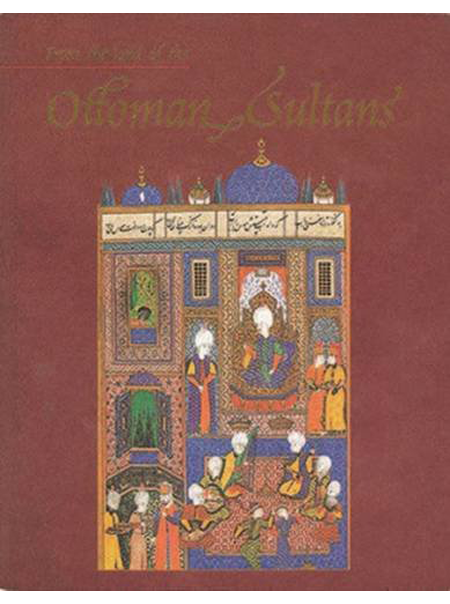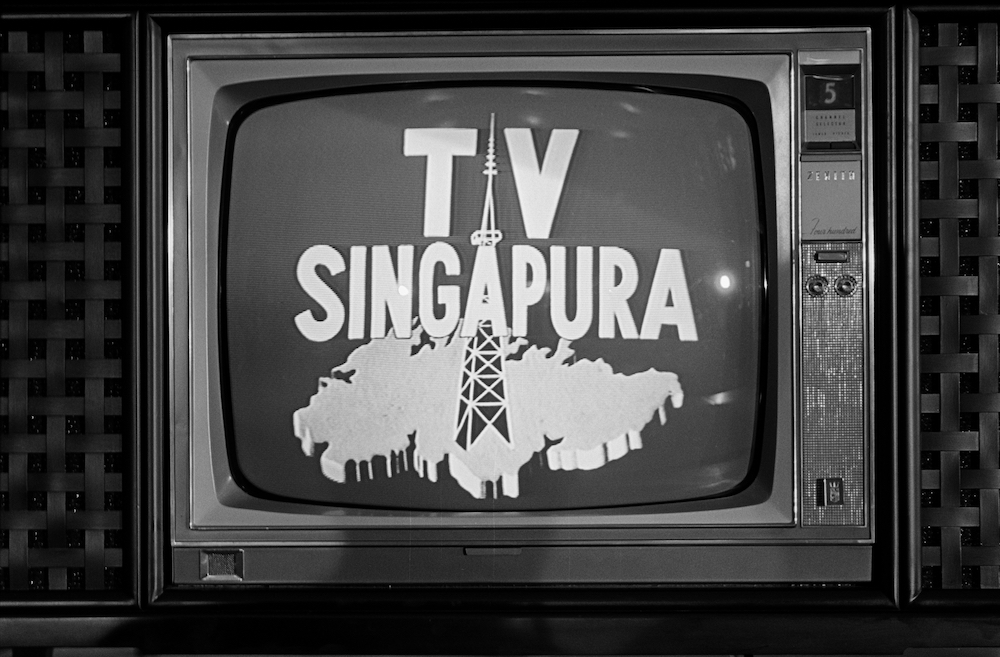Hari Raya Haji
Hari Raya Haji, also known as Aidiladha and alternatively spelt as Eid al-Adha or Eid Adha (Great Day of Sacrifice), is a festival observed by Muslims. It falls on the 10th day of Zulhijjah (the 12th month in the Islamic calendar). Hari Raya Haji is celebrated to mark the end of the haj, the holy pilgrimage to Mecca that all Muslims are encouraged to make at least once in their lifetime. It is one of two major Muslim festivals in Singapore that is celebrated as a public holiday, the other being Hari Raya Puasa.
Geographic Location
Hari Raya Haji is celebrated in places with Muslim communities. In Singapore, the prayers and rituals take place at mosques. As part of the celebrations, Muslims make house visits at houses of friends and families.
Communities Involved
The Muslim community in Singapore observe and celebrate this festival.
Associated Social and Cultural Practices
Muslims will fast on the eve of Hari Raya Haji (known as wukuf) although it is not compulsory, and on the day itself, attend prayers at mosques before carrying out the korban. One-third of the meat will be distributed to the poor while the remainder is kept by the buyer and distributed to friends and family respectively. The korban may be performed by the donor or by appointed butchers at the respective sites. Due to the urban context of Singapore where communities in Singapore do not own livestock, korban is carried out at local mosques with imported livestock. Some Singaporean Muslims may also choose to conduct the korban overseas as a way to gather and bond with relatives abroad, or make donations of livestock to Muslims in other countries who cannot afford it.
The festival also commemorates the Prophet Ibrahim’s willingness to obey Allah’s commands and sacrifice his son Ismail. Before the sacrifice took place, Allah intervened and allowed for a sheep to be sacrificed in Ismail’s place. Ibrahim’s exemplary act of sacrifice is commemorated during Hari Raya Haji through the ritual of korban (sacrifice), which involves the sacrificial offering of livestock.
Similar to Hari Raya Puasa, Muslims make house visits to their relatives on Hari Raya Haji, but only for the day.
Present Status
The festival remains core to the Muslim community in Singapore. With greater awareness and appreciation of the customs and meanings associated with the festival, Hari Raya Haji continue to be respected and practised by the community and for future generations.
References
Reference No.: ICH-026
Date of Inclusion: April 2018; Updated March 2019
References
Abidin, Rasheed Zainul and Norshahril, Saat. MAJULAH! 50 Years of Malay/Muslim Community in Singapore. Singapore. World Scientific Press, 2016.
Angresh, Jyoti. Living in Singapore- Heritage and Traditions. American Association of Singapore, 2016.
Koh, Jaime and Ho, Stephanie. Culture and Customs of Singapore and Malaysia. ABC-CLIO, 2009.
Mathews, Mathew. The Singapore Ethnic Mosaic: Many Cultures, One People. Singapore: World Scientific Publishing, 2017.




